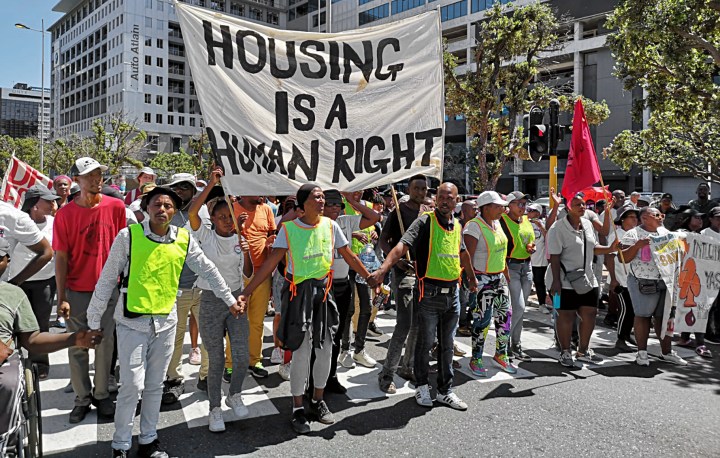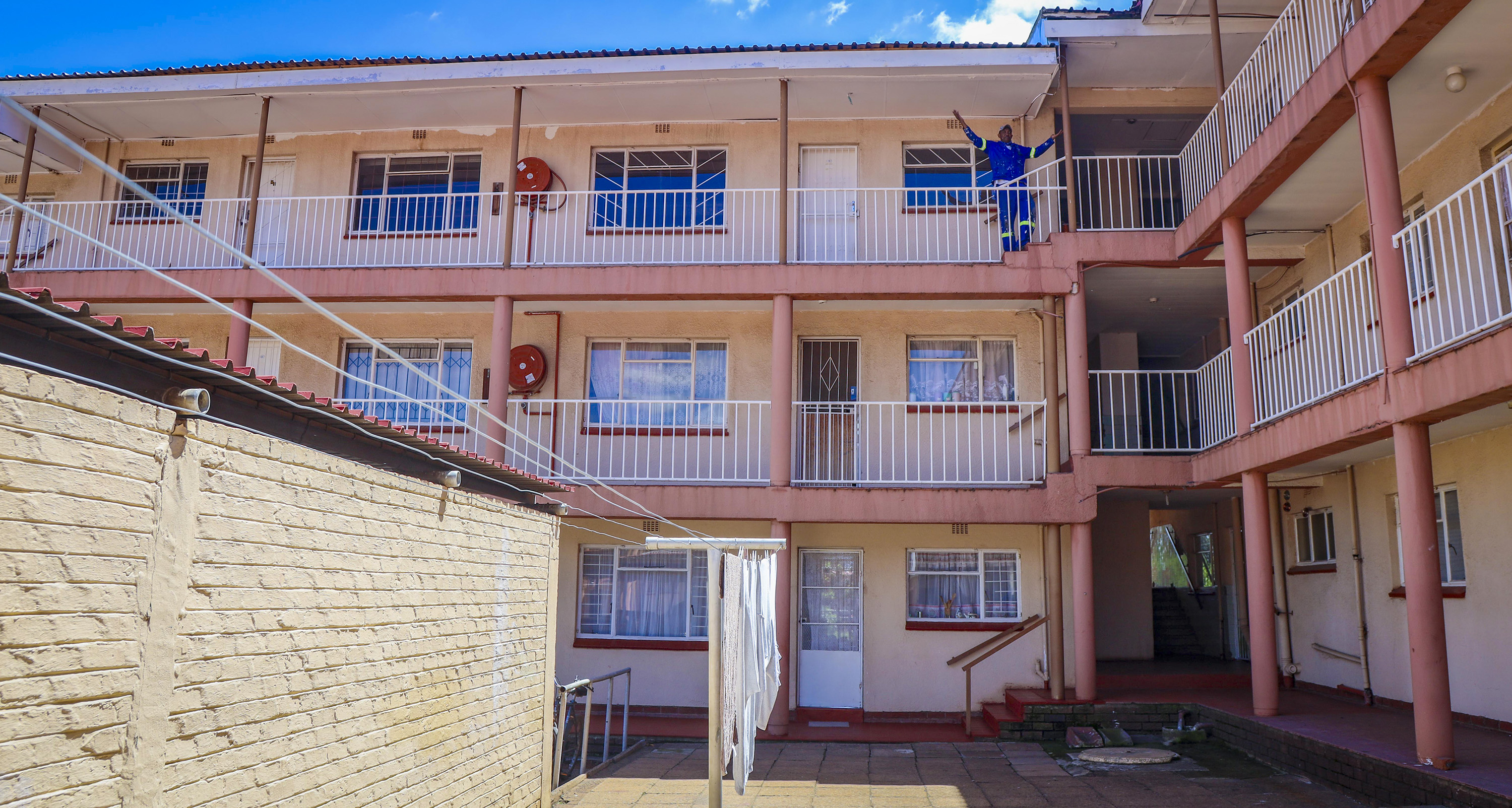NO PLACE TO CALL HOME OP-ED
Gross profiteering hits rental housing market as cost of living crisis bites deep

As housing costs spiral out of reach for the average citizen, the spectre of eviction looms large, pushing working-class families into a downward spiral of homelessness. The influx of tourists and platforms like Airbnb further intensifies this demand, rendering rental units scarce commodities.
The escalating cost-of-living crisis has imposed profound hardships on tenants. With rent prices surging beyond the bounds of inflation, many find themselves grappling with the daunting challenge of securing affordable housing.
The situation is exacerbated by stagnant wages and an ever-widening gap between income levels and living expenses. Families are forced to choose between paying rent or meeting other basic needs such as food, healthcare, petrol, and education.
As housing costs spiral out of reach for the average citizen, the spectre of eviction looms large, pushing working-class families into a downward spiral of homelessness.
The influx of tourists and platforms like Airbnb further intensifies this demand, rendering rental units scarce commodities. According to data, vacancy rates for residential housing in the Western Cape hit a record low of 1.66% by the end of 2023, underscoring the immense control landlords wield over the housing market. Between 2020 and 2021, demand for rental housing in Cape Town grew by 18%. With a captive demand, landlords dictate the terms.
Read more in Dail Maverick: From South Africa to Britain, safe and affordable housing should be prioritised in the world’s urban centres
The landscape of landlord-tenant relations paints a vivid picture of an ongoing age-old conflict. At its core, this conflict represents a clash between two fundamentally different perspectives: viewing housing as a market commodity versus recognising it as a fundamental human need and a cornerstone of community and livelihood.
The story of one tenant, represented by Ndifuna Ukwazi, sheds light on the insidious tactics employed by landlords. Despite having a fixed-term lease with annual renewals at below 10% increases since 2020, this tenant faced a sudden and unjustifiable 19% rent increase, effectively forcing her out of her home. She lodged a complaint of an exorbitant rental increase at the Rental Housing Tribunal but their jurisdiction was ousted owing to the fixed-term nature of the lease and the landlord’s freedom to contract.

A general view of affordable housing flats in Heidelberg, South Africa. 01 March 2023. (Photo by Gallo Images/OJ Koloti)
In a context where tenants often have no other option but to enter into fixed-term leases, this loophole amplifies the landlords’ power. Despite the continuous nature of our client’s lease relationship, the landlord could rely on the fixed nature of the lease to dictate an increase.
Exploitation within the rental housing market isn’t merely a byproduct of supply and demand; it’s a deliberate exercise of power by landlords seeking to maximise profits. Rent hikes outpace inflation rates, making housing affordability an increasingly elusive dream for many.
Read more in Daily Maverick: South Africa’s social housing in a critical state — these are the reasons why
Tenants are caught in a vicious cycle where affordable properties are transformed into higher-income ventures, like Airbnb, pricing out the majority of residents and fueling a cycle of eviction and displacement.
Such exploitative practices underscore the need for regulatory intervention to protect vulnerable tenants from fixed-term loopholes that cater for arbitrary rent hikes and displacement.
Need for intervention and reform
In considering potential interventions, it’s essential to draw parallels with labour legislation, where measures have been implemented to combat disguised employment relationships like successive fixed-term independent contracts.
Just as labour laws protect workers from exploitation, housing laws must recognise the true nature of lease agreements to safeguard tenants’ rights. The Preamble of the Rental Housing Act states that “there is a need to balance the rights of tenants and landlords and to create mechanisms to protect both tenants and landlords against unfair practices and exploitation”.
By introducing presumptions and deeming provisions, the Rental Housing Tribunal can prevent landlords from abusing fixed-term leases to circumvent regulations and prey on tenants’ vulnerabilities.
Taking cues from jurisdictions like Germany, where rental housing regulation prioritises tenant protection, South Africa can enact similar measures to rebalance the landlord-tenant dynamic. Requiring landlords to provide substantial justification for fixed-term leases and subjecting such agreements to regulations would empower tenants and curtail predatory practices within the rental market.
Similarly, recent amendments to Ireland’s rental regime introduced “tenancies of unlimited duration”. The new legislation bolsters the security of tenure by giving tenants a right to remain in a rented property indefinitely after six months of occupation unless the landlord requires vacant possession for specified reasons.
South Africa can introduce similar reforms to restrict a landlord’s ability to put a property back onto the rental market to extract higher rents and protect existing tenants.
In conclusion, the plight of tenants in the rental housing market highlights the urgent need for regulatory reforms. Housing isn’t just a commodity — it’s a fundamental human necessity.
Two interventions could be possible in our context. Firstly, fixed-term leases should only be entered into when absolutely necessary. Secondly, fixed-term leases of a continuous nature must be brought within the ambit of the Rental Housing Tribunal to facilitate countervailing tenant power and check financialised real estate.
By reimagining the landlord-tenant relationship and enacting progressive legislation to safeguard tenants’ rights, we can ensure that housing remains a social good accessible to all, rather than a tool for exploitation and profit.
Only then can we truly uphold the dignity and well-being of all residents, regardless of their socioeconomic status. DM
Dr Jonty Cogger, attorney, and Lula Grant, law intern, are with the Ndifuna Ukwazi Law Centre in Cape Town.




















Yeah….it is a well-known fact that those evil foreign tourists who come to SA to foist their pounds, euros and dollars upon the locals, are competing with the poor for slum housing in Bishop Lavis.
And then the DM wonders why more people don’t subscribe, for the privilege of reading twaddle like the above.
Yup
AirBnB and other very short stay schemes offering residential accommodation are mostly in breach of zoning laws that do not allow operating a business in properties zoned Residential.
My neighbor cannot open a hair salon / law firm / car repair shop – why should she be allowed to operate a b&b?? She actually is not.
But that aside, it is a stretch to imagine AirBnB is taking away low cost housing stock. The premises are not in the same markets.
You realise there are significant housing shortages in Germany – largely a result of the onerous legislation you so gladly espouse? Or do we just ignore that inconvenient fact? You don’t seek balance. You seek a punitive legislative environment that merely further increases the cost of investing in property, thus curtailing the supply thereof. Much like South African labour laws – which go well beyond protecting workers from exploitation, rather making them uncompetitive and hindering job growth.